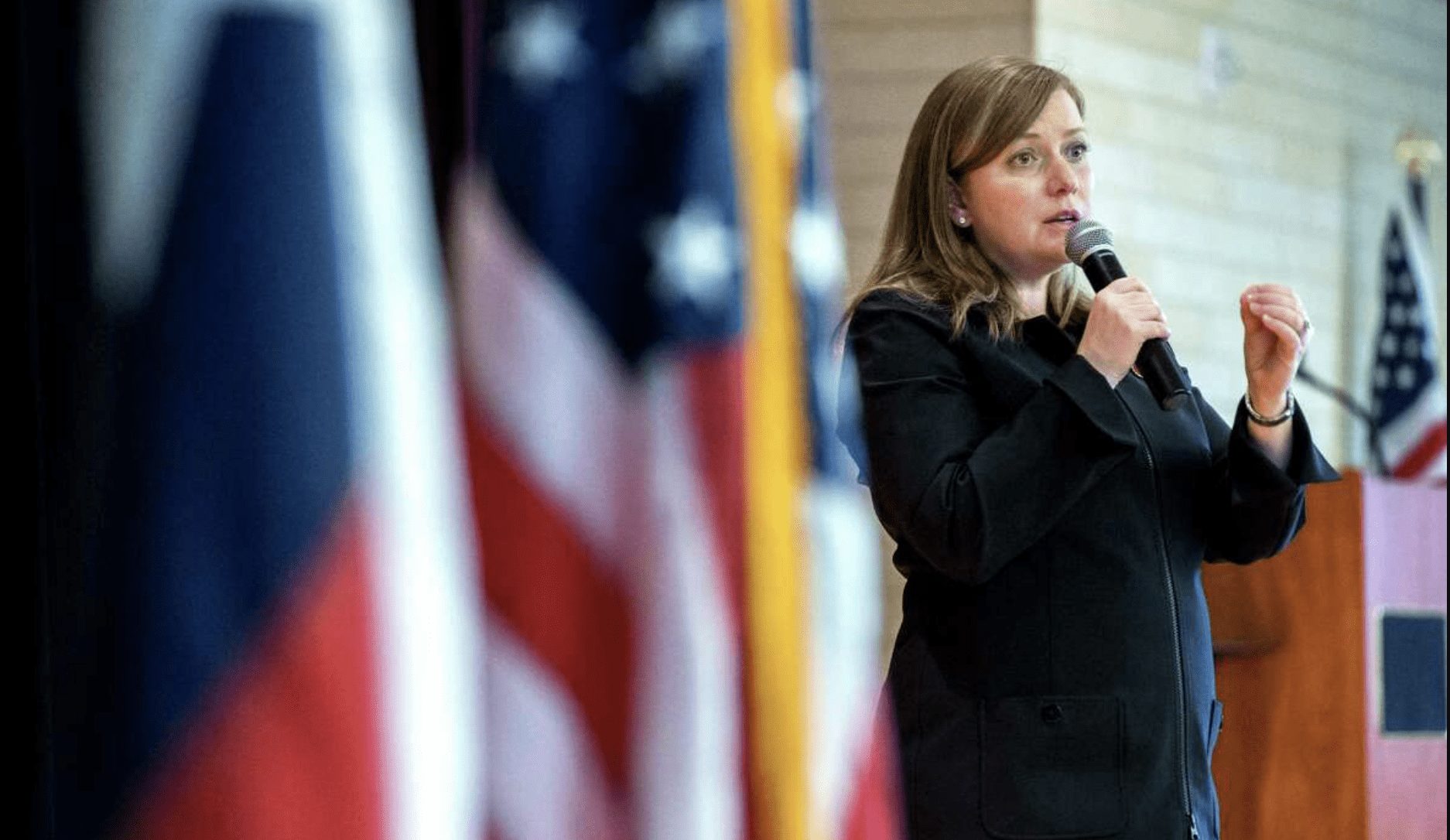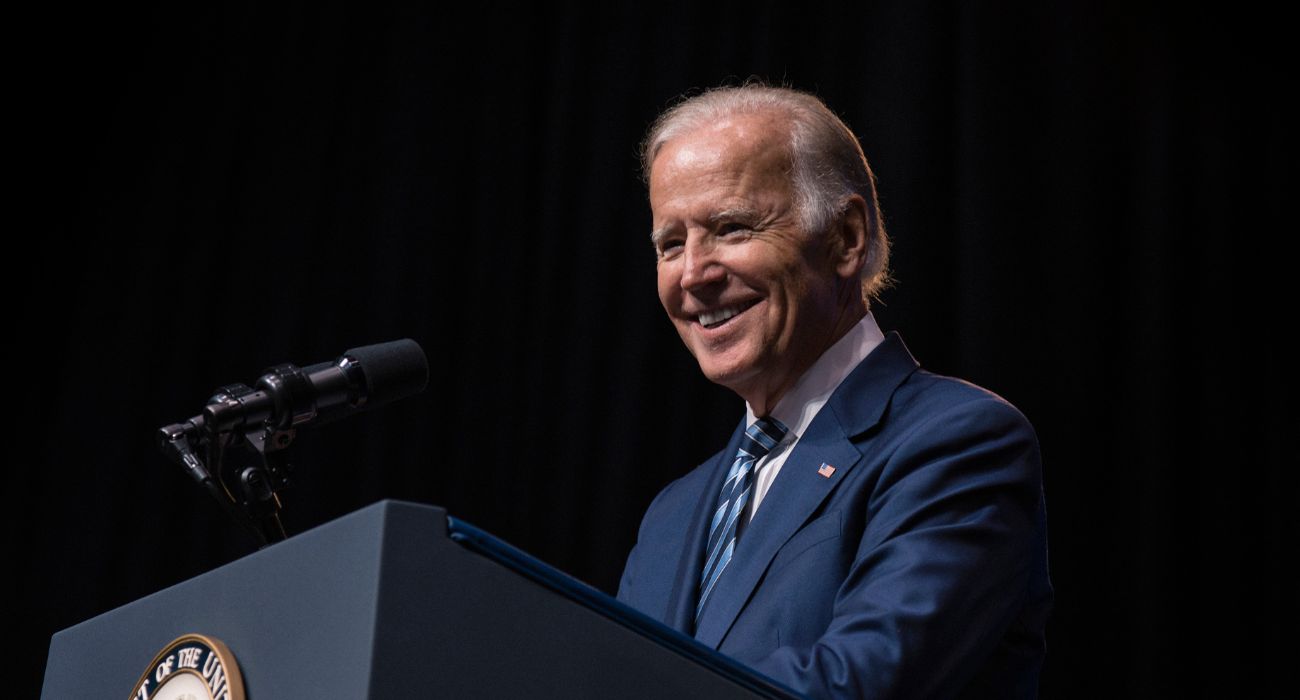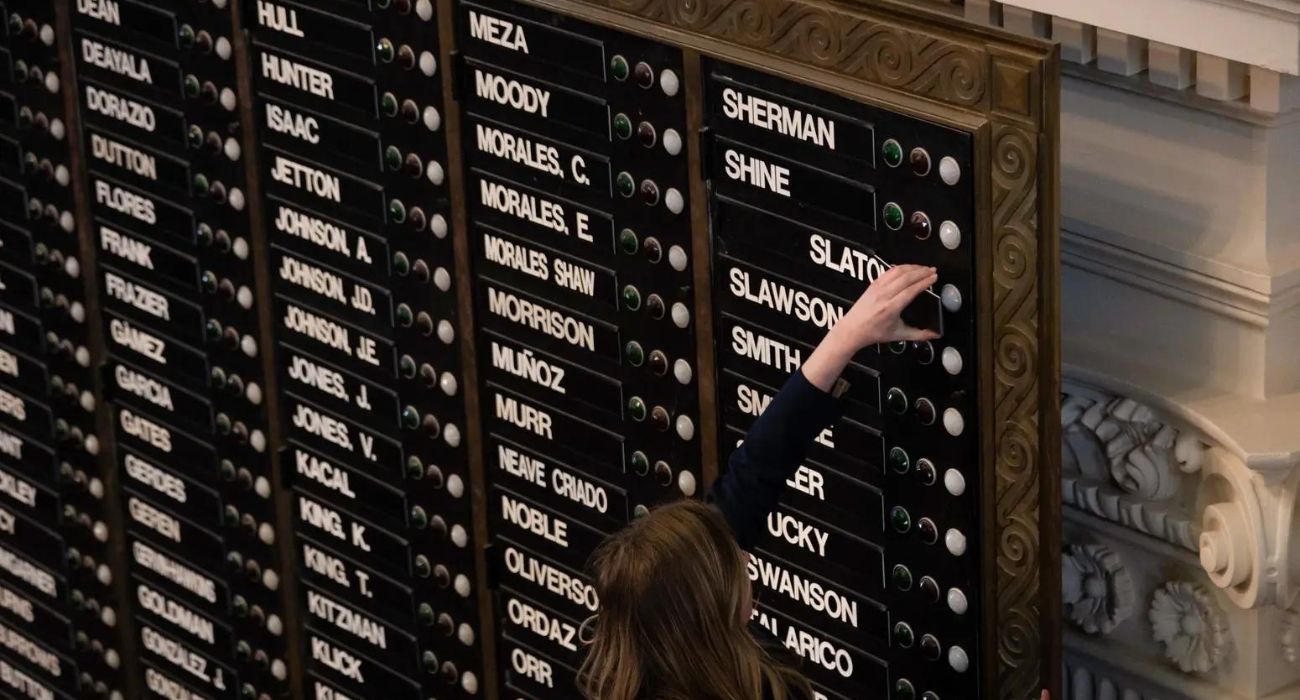The U.S. House of Representatives will vote Friday on a bill introduced by Rep. Lizzie Fletcher (D-Houston) that aims to “protect the right to travel for abortion.”
“Lawmakers in several states, including my home state of Texas, are now threatening to interfere with the constitutional right of Americans to travel freely and voluntarily within the United States for the purpose of obtaining abortion care,” Rep. Fletcher said in a press release.
The bill (H.B. 8297) is titled the Ensuring Access to Abortion Act of 2022 and is expected to pass through the House but face a stiffer challenge in the Senate.
The text of the bill reads, “No person acting under color of State law, including any person who, by operation of a provision of State law, is permitted to implement or enforce State law, may prevent, restrict, or impede, or retaliate against” anyone involved in an abortion performed in a state where the procedure is legal.
Among the things that the bill aims to protect are: “a health care provider’s ability” to provide abortion; “any person or entity’s” ability to assist a health care provider in providing an abortion; “any person’s ability to travel across a State line” to obtain an abortion; and “any person’s or entity’s ability to assist another person traveling across a State line” to receive the procedure.
The proposed legislation would also protect the shipment of any drug approved by the Food and Drug Administration for the termination of a pregnancy.
The bill copies the Texas Heartbeat Act’s mechanism for enforcement, as it prescribes that both U.S. attorneys general and “any person who is harmed by a violation” of any of the bill’s components can bring a civil lawsuit against the person or entity who committed the violation.
The proposed legislation also includes a subsection stating that if a future court ruling strikes down one provision in the bill, it will not invalidate the other components of the bill.
Since a Supreme Court opinion overturned Roe v. Wade last month, several businesses have announced they will help fund employees’ travel to other states to seek abortions. Tesla, Apple, Citibank, Chase, and Hewlett Packard Enterprise have all stated that they will cover costs for their employees to travel for abortions.
In response to one such announcement, the Texas Freedom Caucus sent a letter last week to Dallas law firm Sidley Austin LLP saying the firm was “exposing itself and each of its partners to felony criminal prosecution and disbarment” for reimbursing travel costs of employees who “leave Texas to murder their unborn children.”
The letter pointed to a 1925 state law currently in effect which bans “furnishing the means” for an abortion. The caucus also wrote that it plans to push legislation next session that would prohibit employers in Texas from paying for their employees to receive elective abortions or reimbursing them for abortion-related expenses, regardless of where the abortion occurs.
Texas Attorney General Ken Paxton has yet to publicly state his opinion on whether aiding in travel for abortion is forbidden by either the 1925 state law in effect or by the “trigger law” banning abortion that is set to take effect 30 days after the high court issues its official judgment.
However, in court filings in a case to defend Texas’ previous ban on abortions after six weeks of pregnancy, Paxton cited the number of Texans traveling to other states to seek abortions as evidence that the law was “stimulating” interstate commerce.
Meanwhile, the group Texas Right to Life said encouraging pregnant women to travel out of state to receive an abortion is a form of exploitation by the pro-abortion movement.
“The abortion industry wants to spread the violence of abortion anywhere and everywhere. Abortion groups only care about money, and thus, they exploit pregnant women and send them out of state instead of helping them thrive here in their own communities,” said Kim Schwartz, the organization’s director of media and communication.
“The Pro-Life movement … realize[s] that our work doesn’t end just by making our own state Pro-Life; we must expand our efforts everywhere so that preborn children are safe from the violence of abortion,” she added.
Paxton did not respond to The Dallas Express’ requests for comment on Thursday.
At least one Supreme Court justice who voted to overturn Roe last month indicated the ruling did not allow states to restrict travel.
“Some of the other abortion-related legal questions raised by today’s decision are not especially difficult as a constitutional matter,” Justice Brett Kavanaugh wrote in his concurring opinion. “For example, may a state bar a resident of that state from traveling to another state to obtain an abortion? In my view, the answer is no based on the constitutional right to interstate travel.”






